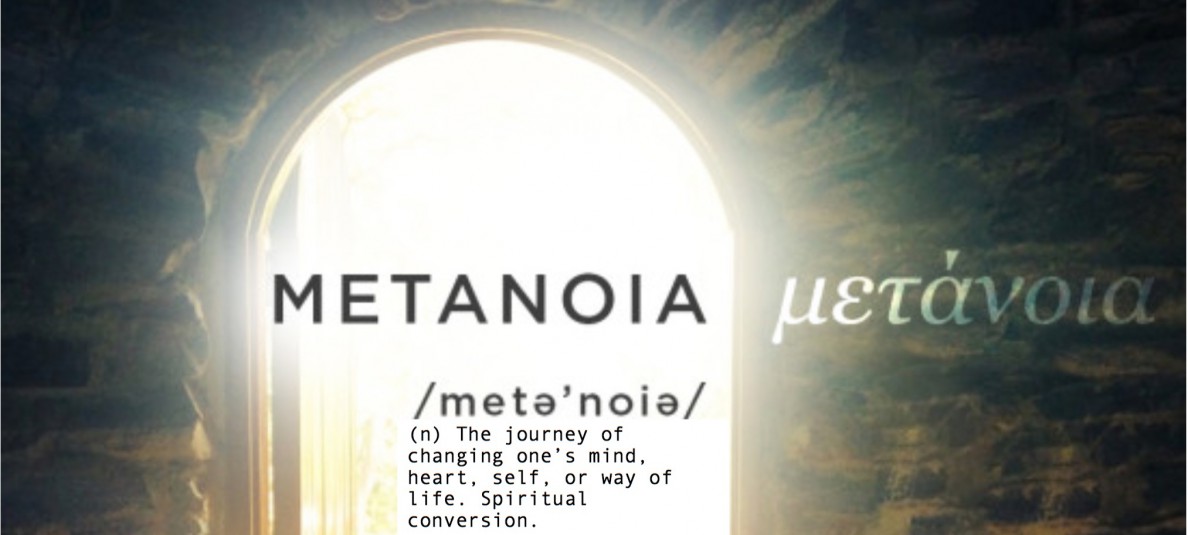Click Here for the Lectionary Texts
By: The Rev. Dr. AnnaKate Rawles
Psalm 107 is a liturgy of thanksgiving, a psalm likely offered at festivals and holy days in Jerusalem. The psalm can be broken into 5 sections: an introduction and thanksgiving, and four groups of people who represent the redeemed of the Lord. These groups of people have been redeemed from the hands of oppression by God and gathered together “from the east and from the west, from the north and from the south.” These four groups of people represent God’s action and redeeming presence in all places throughout the world. The first group are wanderers in the desert, who arrive at their destination because of God, the second are prisoners who are set free, the third are the sick who have been healed, and from the lection today a group of sailors caught in a storm.
Each piece about these groups follows this pattern:
- A description of the pain or distress
- A prayer
- How God has delivered them
- Thanksgiving to God
- A repetition of two refrains
The refrain “They cried to the LORD in their trouble; and he brought them out from their distress” is repeated for each situation. A description of how God has redeemed them is given and then the refrain “Let them thank the LORD for his steadfast love; for his wonderful works to humankind” is given.
This Psalm is centered on the faithfulness of God in hearing the cries of God’s people and responding. Scripture is filled with examples of God hearing and responding to God’s people. The people cry out to God and God acts, speaks, delivers. God’s presence and faithfulness to hearing God’s people never fails. This Psalm, in many ways, mirrors the prayers of the people. We lift up parts of our world, lives, communities to God and expect that God hears our hopes, joys, and worries.
We are never at a loss of chaos, oppression, sickness to share with our communities and with God. Perhaps this week a sermon takes on the style of the Psalm and the prayers of the people. Give voice to the people, places, experiences that need attention. Pray over these things, and then share ways in which we, as the people of God, are able to do God’s work in the world. We pray for the people of Palestine, and then we educate others on Israeli Settlements that have made Palestinians homeless. We pray for the hungry, and then we work with organizations to find sustainable ways to end hunger in our town. We cry out to God in our troubles, and on behalf of those who are in trouble, and then we listen and act in ways that God would to bring others out of distress. We give thanks to God for God’s love and is apparent in our communities and gatherings.

